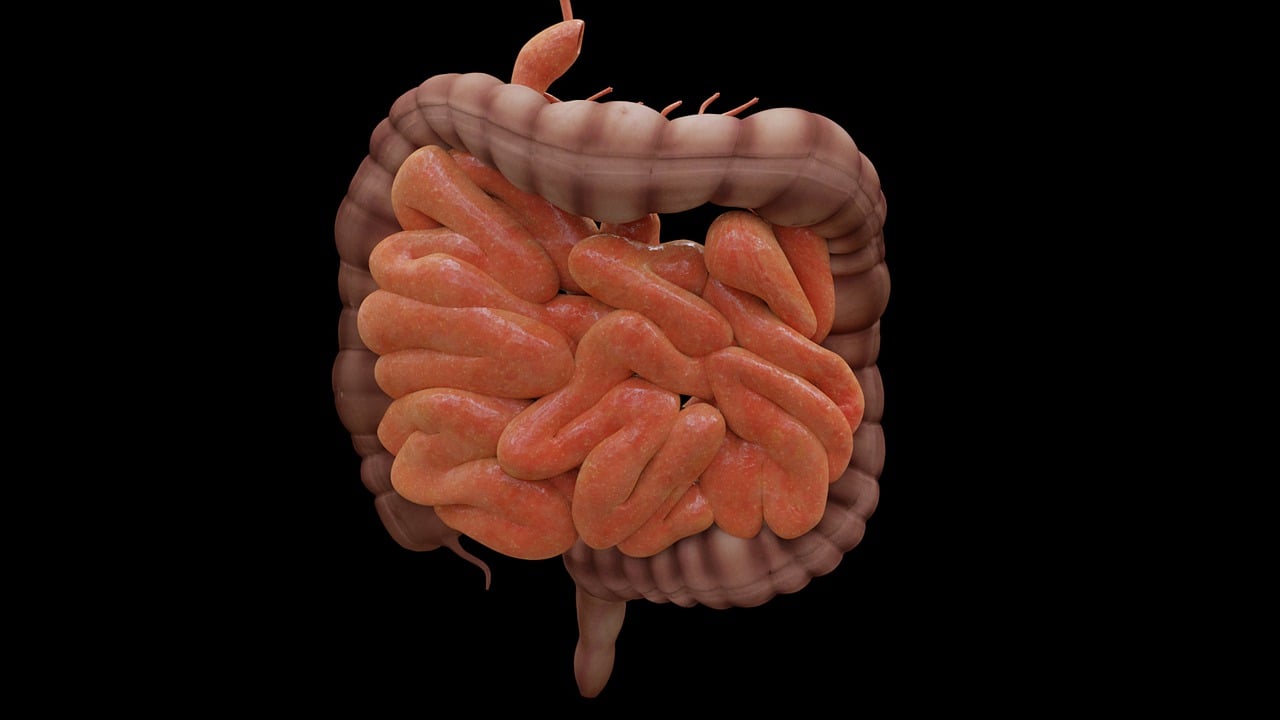The colon may very well be the unsung hero of our body. Sir Arthur Hurst, a prominent twentieth-century physician, once said, "No organ in the body is so misunderstood, so slandered and maltreated as the colon." Despite its critical functions, the colon often receives little attention until something goes wrong. Its role goes beyond waste elimination, directly influencing overall health, digestion, and even immune function.
The Essential Role of the Colon
The colon, also known as the large intestine, works alongside the kidney, liver, lymphatic system, and skin to remove waste from the body. However, its contributions do not stop there. The colon helps establish a healthy gut microflora—crucial for proper digestion and nutrient absorption. This microflora regulates the body's cholesterol and glucose levels, maintains immune health, and even contributes to mental well-being by influencing gut-brain communication.
Signs of a Sluggish Colon
When the colon is not functioning at its best, the effects can ripple throughout the body. Symptoms such as constipation, abdominal bloating, gas, dull skin, bad breath, body odor, and chronic fatigue are all indicative of a colon struggling to keep up with its responsibilities. These symptoms can also signal an imbalance in gut microflora, leading to inefficient digestion and nutrient absorption.
Constipation is particularly concerning as it leads to waste accumulation in the colon. This slows the absorption of nutrients, dulls skin, and affects energy levels. Over time, a burdened colon may place additional strain on the liver and immune system, making the body more susceptible to illness.
The Connection Between Colon and Digestion
Most digestion occurs in the stomach and small intestine, but the colon plays a pivotal role in completing the process. It works to maintain an optimal pH and supports a balanced intestinal microflora. Probiotics—or "good bacteria"—reside in the colon and are essential for fighting off harmful bacteria, reducing inflammation, and enhancing immune response. Research has shown that probiotics also contribute to nutrient synthesis and help manage cholesterol and glucose levels.
Fiber intake is a critical component of colon health. The fermentation of undigested fiber by probiotics produces short-chain fatty acids (SCFAs), which fuel colon cells and support liver function. SCFAs have been shown to regulate cholesterol and blood sugar, promoting a healthy metabolism. A lack of fiber can disrupt this delicate balance, leading to digestive discomfort and systemic health issues.
Constipation: A Barrier to Health
When waste lingers in the colon due to constipation, it can cause a cascade of problems. Nutrient absorption slows, resulting in fatigue and weakened immunity. Additionally, the buildup of toxins can lead to unpleasant symptoms such as bad breath, body odor, and poor skin health. Chronic constipation can even affect mental clarity and emotional well-being, further emphasizing the importance of maintaining regular bowel movements.
Colon cleansing has emerged as a natural solution for addressing constipation and supporting digestive health. By promoting regular elimination and restoring balance to the gut microbiome, colon cleansers can improve overall well-being.
The Science of Colon Cleansing
Herbal colon cleansers often incorporate a blend of natural ingredients to gently support the body's natural detoxification processes. Ingredients like senna, chamomile, and ginger root stimulate bowel movements and soothe the digestive tract. Psyllium husk, an FDA-approved soluble fiber, helps regulate bowel movements and promotes a healthy gut environment.
Other beneficial ingredients include milk thistle, known for its liver-supporting properties, and slippery elm bark, which soothes the digestive lining. These components work synergistically to relieve constipation, improve digestion, and enhance the body's ability to eliminate toxins.
The Benefits of a Healthy Colon
People who regularly use colon cleansers report feeling lighter, more energetic, and healthier overall. Improved digestion, clearer skin, brighter eyes, and better sleep are common outcomes. Additionally, a healthy colon supports the liver's detoxification processes, reducing the strain on other organs and promoting systemic balance.
Research underscores the benefits of maintaining colon health. A study published in the Scandinavian Journal of Gastroenterology highlights the role of short-chain fatty acids in gastrointestinal health and disease prevention. Another study in Infection and Immunity demonstrates how a balanced colon microflora can inhibit harmful bacteria and support immune function.
Incorporating Colon Health Practices
Maintaining colon health does not require drastic measures. Simple lifestyle changes can have a profound impact:
1. Increase Fiber Intake: Aim for 25-30 grams of fiber daily from sources like fruits, vegetables, and whole grains.
2. Stay Hydrated: Adequate water intake is essential for regular bowel movements and toxin elimination.
3. Exercise Regularly: Physical activity stimulates digestion and helps maintain gut motility.
4. Limit Processed Foods: Reduce consumption of refined sugars, artificial additives, and unhealthy fats, which can disrupt gut balance.
The colon's influence extends far beyond digestion, impacting overall health, energy levels, and immunity. By prioritizing colon health through balanced nutrition, regular exercise, and natural cleansing methods, you can support your body's ability to thrive. Consider incorporating a high-quality herbal colon cleanser, like BeneCleanse, into your routine to enhance digestion, promote regularity, and enjoy the benefits of optimal health.
This article is editorial in nature and does not constitute medical advice. Always consult a physician for any health-related concerns, whether psychological or physical.
References:
1. Scand J Gastroenterol Suppl. 1996;216:132-48. Short-chain fatty acids in the human colon: relation to gastrointestinal health and disease. PMID: 8726286.
2. Infection and Immunity. 1973 July; 8(1): 30-35. Effect of Colon Flora and Short-Chain Fatty Acids on Growth In Vitro of Pseudomonas aeruginosa and Enterobacteriaceae. Department of Medicine, The Medical College of Pennsylvania, and the Philadelphia Veterans Administration Hospital, Philadelphia, Pennsylvania 19129.













